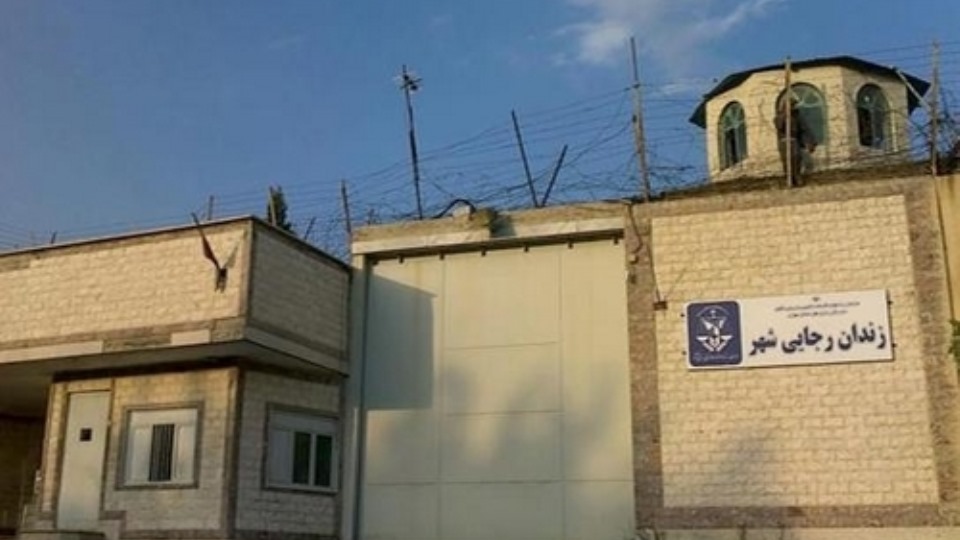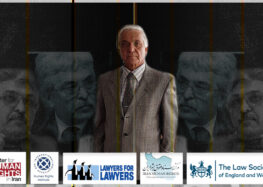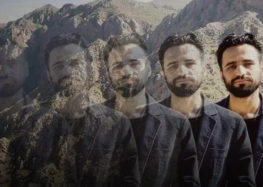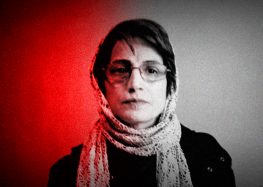Political Prisoners in Rajaee Shahr Prison Denied Basic Rights Including Heat in Cold Winter Months

“All they want to do is harass the political prisoners.”
The authorities of Rajaee Shahr Prison are keeping political prisoners in unbearably cold conditions without providing protection, a source with contacts inside the facility told the Center for Human Rights in Iran (CHRI).
“Blankets, warm clothes, and vitamins brought for the prisoners by their relatives have also been turned away,” said the source, who requested anonymity for security reasons on December 17, 2017.
“In the new Ward 10 located on the third floor where political prisoners and prisoners of conscience are held, there is almost never any hot water,” added the source.
Continued the source: “The air conditioners are located on the bottom floor and the heat doesn’t reach the top. Worst of all, when the prisoners were recently moved, their blankets and clothes were left behind in the old ward. And the authorities will not accept new blankets, clothes, or vitamins from relatives. As a result, the prisoners either have headaches, the flu, or sore throats.”
Without prior warning, more than 50 political prisoners were suddenly moved from Ward 12 without their personal belongings to the security-enhanced Ward 10 on July 30, 2017, to a poorly ventilated section of the prison.
The sudden transfer resulted in a mass hunger strike.
“If a prisoner protests about the conditions, the prison director [Gholamreza Ziaei] tells him to submit a written request to be transferred to a different ward. But the other wards are where dangerous criminals are kept and the transfer offer is just a way to scare the political prisoners and stop them from protesting,” the source told CHRI.
“In the other wards, prisoners convicted of murder, theft, and drug crimes have access to more facilities,” added the source. “They can order anything they want from outside prison; things like blankets, heaters, and stoves. They can use the prison library and gym. But these things are banned for political prisoners.”
The source continued: “If these restrictions are lawful, why are they only imposed on political prisoners? If they are unlawful, why doesn’t the prosecutor stop them? Every day there’s a new arbitrary restriction. All they want to do is harass the political prisoners.”
The source added that officials from the Tehran prosecutor’s office had recently visited Rajaee Shahr’s Ward 10 and promised to resolve the prisoners’ complaints, but nothing has changed.
In November 2017, imprisoned labor activist Reza Shahabi revealed that prison authorities have been feeding inmates with livestock feed and mistreating them in the prison’s hospital.
Known for its harsh living conditions, Rajaee Shahr Prison, also called Gohardasht, holds more than 50 political prisoners and prisoners of conscience.
A prominent human rights lawyer who was incarcerated in Rajaee Shahr Prison told CHRI in April 2016 that “the prison was not in any condition to hold that many prisoners.”
“The clinic did not have medicines to treat anything worse than a cold, let alone high blood pressure,” said Mohammad Seifzadeh. “Bad nutrition and lack of vitamins weakened the prisoners.”
He continued: “Fruits and vegetables are non-existent. Some of us prepared our own food. We would provide a list of things we needed and they would buy them for us from outside at our own expense. But there were also those who only ate prison food. Two days a week there was stew and on other days it was only rice and soybean oil, which was greasy and unhealthy.”
“The cells had no ventilation,” said Seifzadeh. “In Evin Prison, the cell doors opened at a quarter to seven in the morning and you could take in fresh air until sunset, but in Rajaee Shahr we could only stay outside for three hours.”






